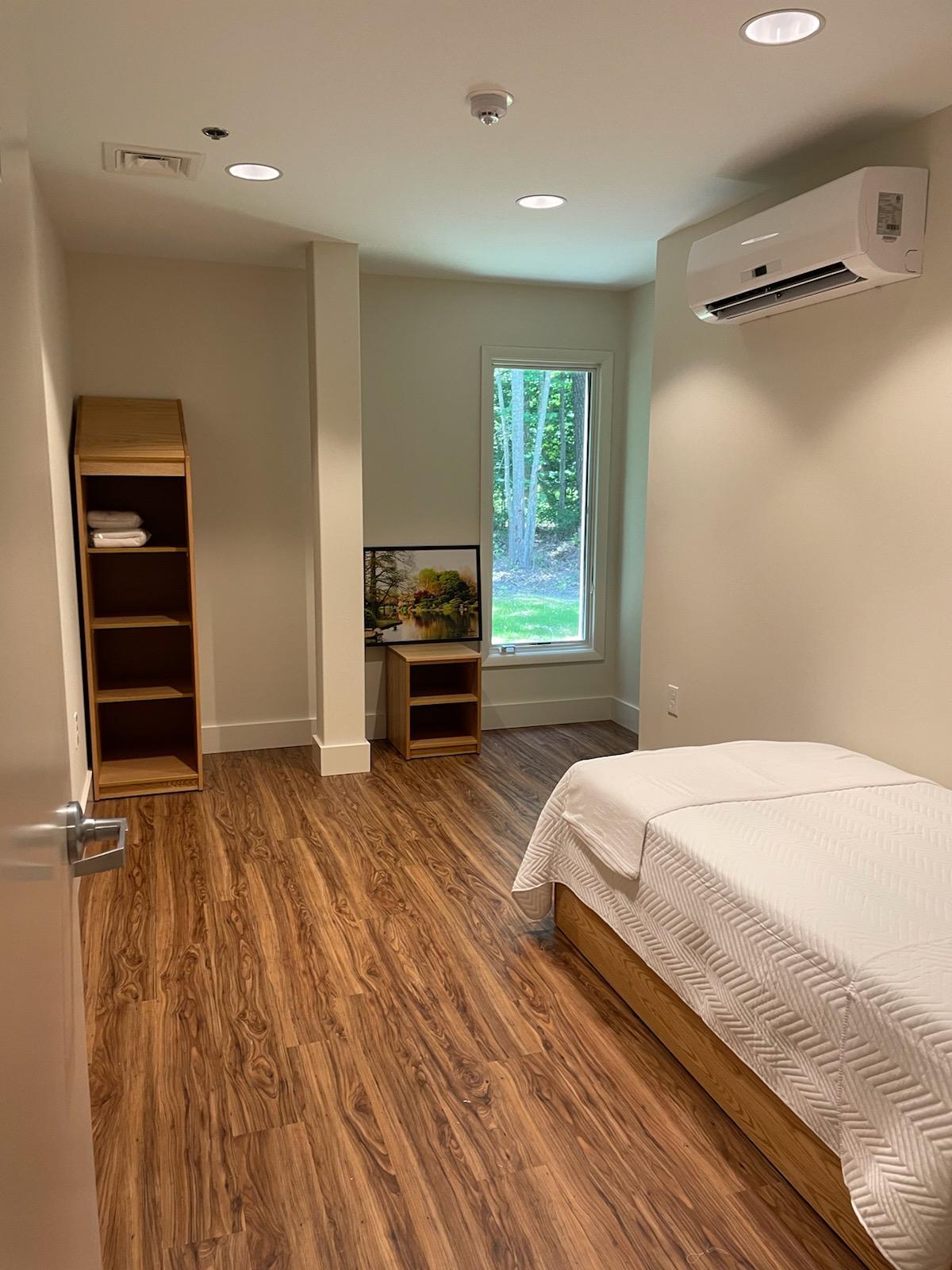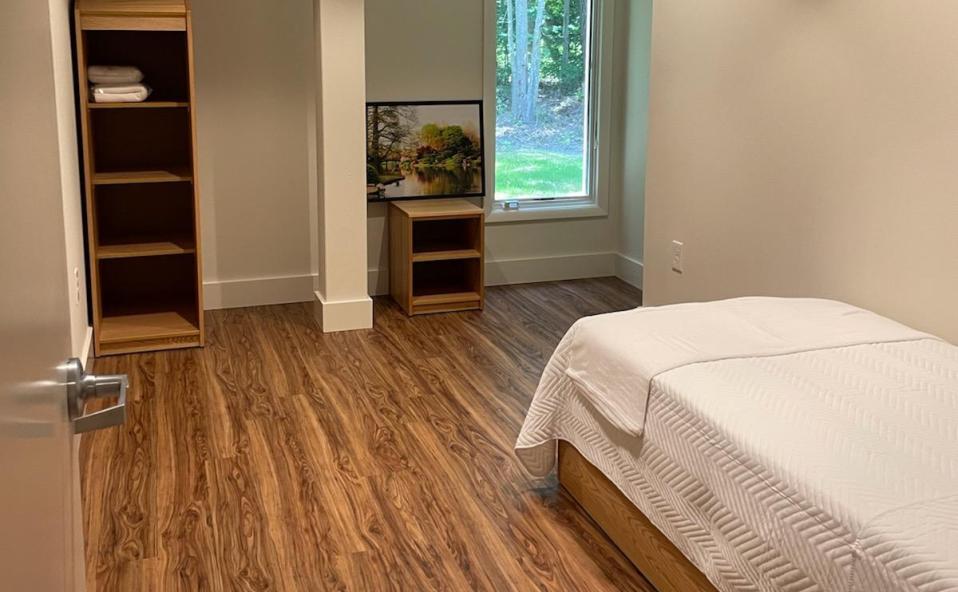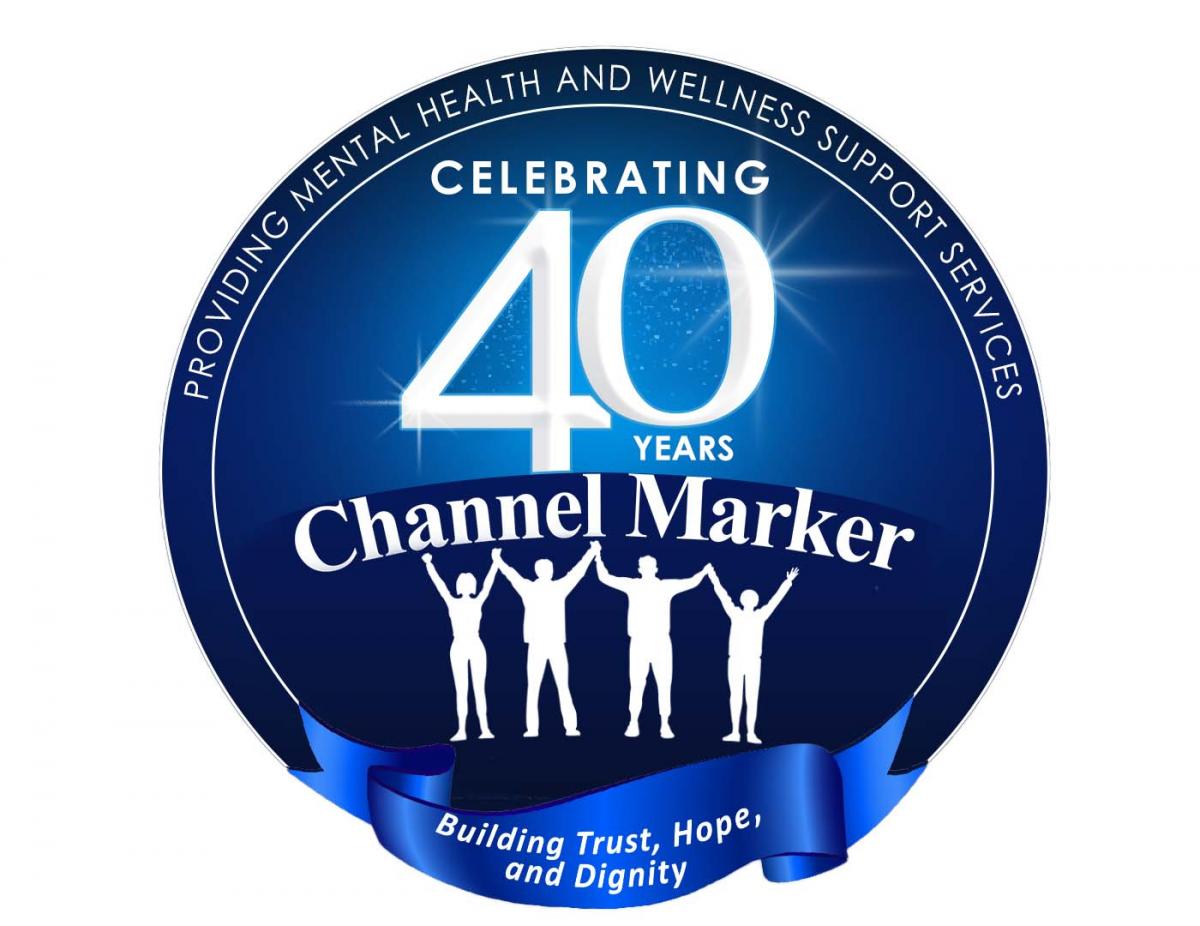 Channel Marker, Inc., a local non-profit dedicated to providing wellness services to individuals diagnosed with mental illness, is pleased to announce the receipt of a $125,000 matching grant from the Rural Maryland Council and the Rural Maryland Prosperity Investment Fund. The grant was used for the construction of a new eight-bed Crisis Facility. The new Crisis Bed Program under Maryland’s Behavioral Health Administration will double the bed capacity on the Eastern Shore. Crisis Bed stabilization programs serve individuals suffering from an urgent behavioral health crisis who require facility based crisis services in a safe structured setting. The programs provide continuous 24-hour supports for individuals who do not require intensive clinical treatment in an inpatient psychiatric setting and would benefit from a short-term structured stabilization setting. The Crisis Bed model offers substantial benefits when compared to psychiatric inpatient hospitalization—namely, comparable outcomes, comparable client satisfaction, and substantially lower costs.
Channel Marker, Inc., a local non-profit dedicated to providing wellness services to individuals diagnosed with mental illness, is pleased to announce the receipt of a $125,000 matching grant from the Rural Maryland Council and the Rural Maryland Prosperity Investment Fund. The grant was used for the construction of a new eight-bed Crisis Facility. The new Crisis Bed Program under Maryland’s Behavioral Health Administration will double the bed capacity on the Eastern Shore. Crisis Bed stabilization programs serve individuals suffering from an urgent behavioral health crisis who require facility based crisis services in a safe structured setting. The programs provide continuous 24-hour supports for individuals who do not require intensive clinical treatment in an inpatient psychiatric setting and would benefit from a short-term structured stabilization setting. The Crisis Bed model offers substantial benefits when compared to psychiatric inpatient hospitalization—namely, comparable outcomes, comparable client satisfaction, and substantially lower costs.
The Rural Maryland Council brings together citizens, community-based organizations, federal, state, county, and municipal government officials as well as representatives of the for-profit and non-profit sectors to collectively address the needs of Rural Maryland communities. The objective of the Rural Maryland Prosperity Investment Fund is to help raise the overall standard of living in rural areas to a level that meets or exceeds statewide benchmark averages by 2030, while preserving the best aspects of a pastoral heritage and rural way of life. The Fund serves the interests of the entire State by generally promoting the health, happiness, safety, employment opportunity, and general welfare of the residents of each of the rural counties and municipal corporations of the State.
Founded in 1982, Channel Marker provides mental health and wellness support for adults and youth with severe mental illness in Caroline, Dorchester, and Talbot counties. Through a wide range of on-site, residential, and community-based services specifically tailored to the needs of each client, more than 55 clinical and mental health services staff serve an average of 300 clients each year. Funding for their work primarily comes from Medicaid with support from generous members of the community, the State of Maryland, and private foundations.



 For 40 years, Channel Marker has improved the lives of individuals on the Mid-Shore living with severe and persistent mental health challenges. Founded in 1982, Channel Marker continues to strengthen the community by providing excellent mental health and wellness support services, through prevention programs, rehabilitation, and community services enhancing the quality of life for individuals in our community. Channel Marker’smental health and wellness support services are widely recognized across three Mid-Shore Maryland Counties (Talbot, Caroline, and Dorchester) as a valued community asset.
For 40 years, Channel Marker has improved the lives of individuals on the Mid-Shore living with severe and persistent mental health challenges. Founded in 1982, Channel Marker continues to strengthen the community by providing excellent mental health and wellness support services, through prevention programs, rehabilitation, and community services enhancing the quality of life for individuals in our community. Channel Marker’smental health and wellness support services are widely recognized across three Mid-Shore Maryland Counties (Talbot, Caroline, and Dorchester) as a valued community asset.